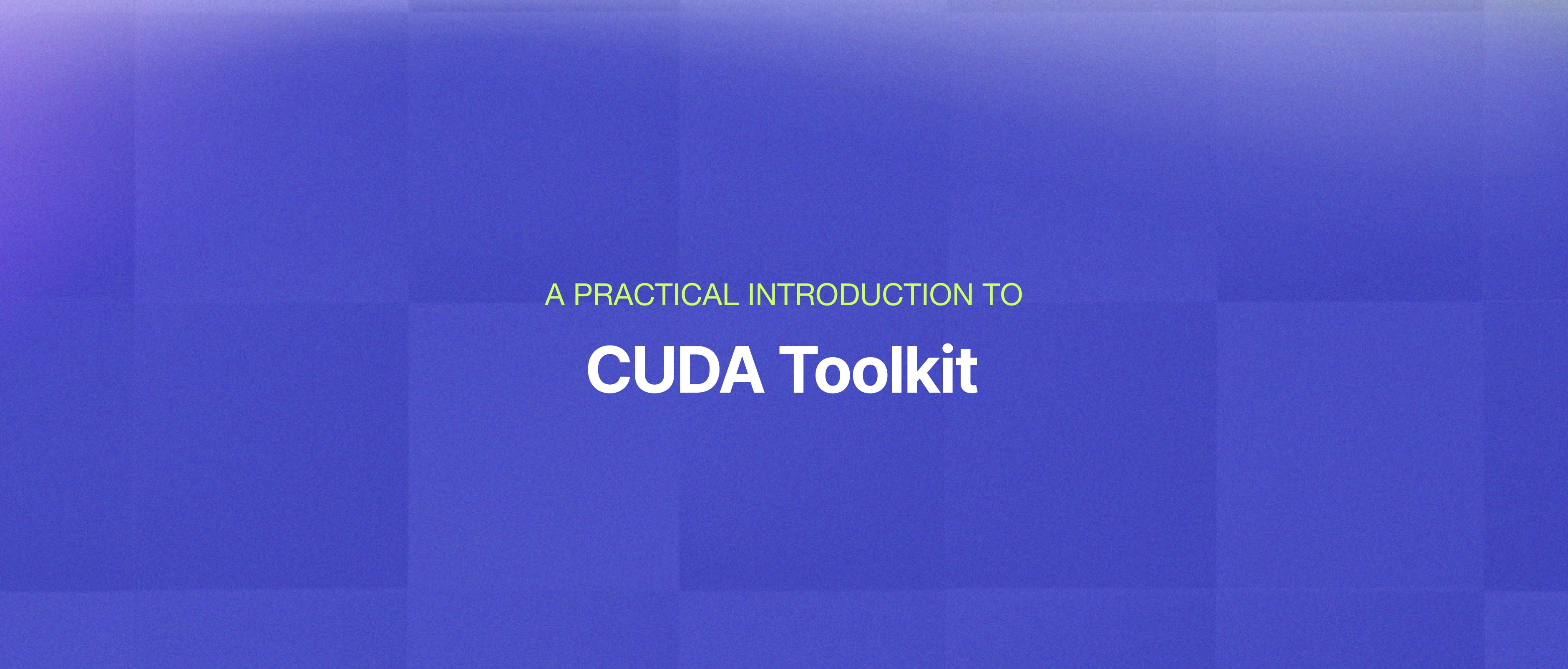Top Ten Web Frameworks to Master in 2023

Today's market offers a wide variety of web development frameworks. Remember that the GitHub repositories host valuable contributions to these frameworks from the community.
The top 10 frameworks (including frontend and backend) for 2023 are shown below.
1. Express
One of the top backend frameworks available now is Express. Its acceptance by big businesses can be attributed to the platform's adaptability and clean aesthetic.
Express is an open-source framework for the Node.js platform, currently in high demand.
JavaScript-based Express has functionality for building online apps, APIs, and mobile solutions. It can work with third-party frameworks.
2. Ruby on Rails
An open-source web application framework, Ruby on Rails (or Rails), is often called just Ruby. It is developed in the Ruby programming language and is centered on the MVC architectural pattern.
Although developed over 15 years ago, RoR is still a popular tool for complicated web applications. It gives you everything you require to develop reliable and fast solutions.
You may also get fantastic support anytime you need it from the numerous helpful people who make up the Rails community.
3. Spring
Additionally, Spring is an open-source backend framework extensively used to develop highly effective enterprise-level applications.
It has a relatively low weight in terms of its practicality and dimensions.
The fact that Spring is designed using Java ensures that it will continue to be popular in the years to come.
The Spring framework has a sizable and lively community that regularly contributes to the platform's improvement and is always ready to help with real-world use cases.
4. React
React is not a framework but an open-source library for the JavaScript frontend (it can also use TypeScript). Nevertheless, it is directly comparable to different frameworks and is an outstanding alternative to a number of those frameworks.
Using React, you can build rich, pleasing user interfaces and construct bespoke components. Additionally, it enables the construction of mobile applications. It is adaptable, simple, and helpful to search engine optimization (SEO).
5. Angular
Now that we've covered open-source backend frameworks let's move on to the frontend and begin with Angular. It is one of the most powerful platforms for developing websites, native mobile apps, native desktop applications, and native mobile web apps.
Before, the framework was known as AngularJS; after being rewritten from the ground up by a team from Google using TypeScript, it is currently referred to be Angular 2+ or just Angular.
You may develop solutions that are compatible with multiple platforms using Angular. These solutions will also have a high speed and performance.
The primary drawback of using this platform is that it is pretty huge, which might have a detrimental effect on the performance of web applications. Despite this, the size of the community has been steadily decreasing with each subsequent release.
6. Laravel
Laravel is another open-source backend framework you should consider paying attention to. PHP, one of the most widely used programming languages, was used to write it, and the MVC architecture served as its foundation.
The syntax of Laravel is relatively easy to understand, and it comes with many packages that expand its out-of-the-box API support.
You can study Laravel quickly with the educational website Laracasts, which provides users access to hundreds of helpful videos.
However, compared to Express or Django, Laravel's performance still needs to be on par with either framework.
7. Vue
One of the most promising tools for developing user interfaces is a relatively new open-source frontend framework called Vue. Vue is founded on JavaScript, which makes it a youthful framework.
In contrast to Angular, it has a relatively low memory footprint, making it an excellent choice for dynamic projects and single-page applications.
Vue's design is highly versatile and extensible (based on the MVVM paradigm), making it simple to combine with other third-party solutions.
You can adopt Vue as a library to enhance an existing project or as a full-featured framework, giving you access to various components.
8. Django
Django is an additional dependable backend framework that is open source. It is possible to develop it rapidly and has excellent scalability because it is written in Python.
Because Django places a premium on user privacy and data protection, you can be assured that any web products you develop using the platform will not compromise users' personal information.
9. NestJS
Nest is a NodeJS-based framework that provides a complete toolkit for creating server-side web applications that are effective, dependable, and scalable.
Nest's real-time rendering also enables you to view your app as it will appear in a web browser.
The modular architecture gives it much flexibility; you may use any other frontend library with the framework.
It provides a Dependency injection system, allowing you to import the user module and have the controller take care of the rest.
You may utilize controllers and services, making it simple to catch an exception in case of any issues.
10. jQuery
jQuery is another popular JavaScript library that may be used for developing user interfaces. It is popular among developers since it is easy to use and compatible with various browsers. Interactions with DOM components on web pages are made more accessible by jQuery's syntax, which is very clear and straightforward.
You don't need to put in years of study to develop abilities that will allow you to produce stunning effects and animations.
This library is pleasant to work with in general because it is lightweight. There are no weird functions because those functions have been relocated to plug-ins; as a result, any function may be readily added to the library if required.
Considering the information presented above, the following are some answers to questions frequently posed about web development frameworks.
Which framework is best for web development in 2023?
The frontend development frameworks that are the most widely used in 2023 will be selected based on several criteria, including use by firm size and pay range, awareness, a show of interest, reach, and simplicity of use.
The frontend frameworks most likely used in 2023 include Backbone.js, jQuery, Ember.js, Semantic-UI, React, Vue.js, and Angular.
Other Blog Posts

Firewall Architecture for the Modern Enterprise
.webp)
AI in Healthcare: The Technologies Redefining Care Delivery Today






